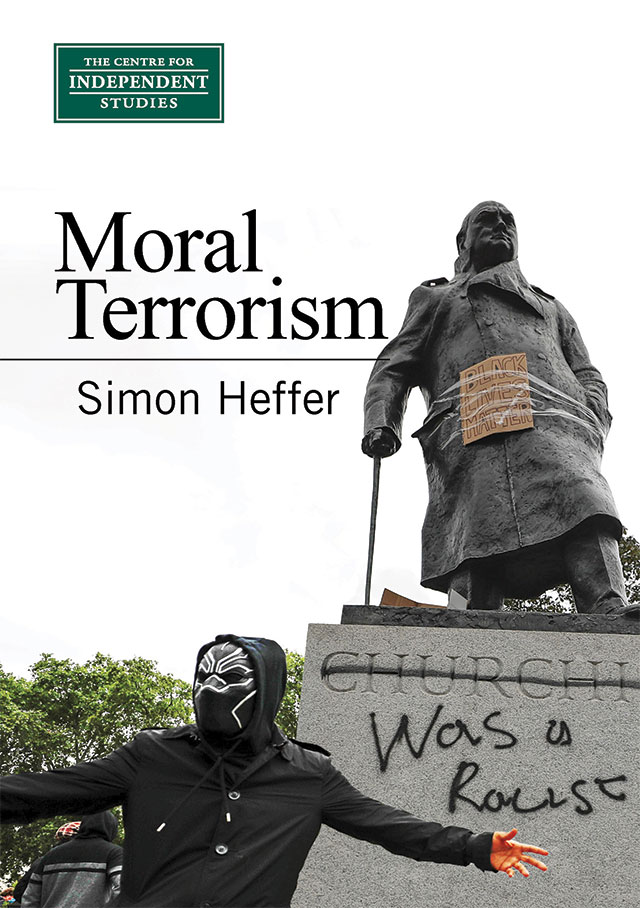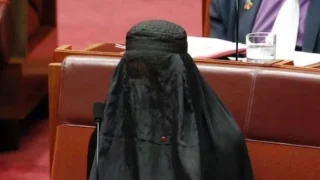
We find ourselves living in an age when a small but highly vocal, and zealous, minority are availing themselves of the power of social media, and of sections of the printed press, to seek to force their opinions and attitudes on everyone else. In normal circumstances, this would simply be tedious: if, say, the public were being pressured to watch a particular television channel, or buy a certain brand of coffee. In our society we are conditioned to such things; but we are less conditioned to being told we should not, for whatever reason, watch a certain channel, or should boycott a certain brand of coffee. Mature and advanced societies — liberal societies — take an attitude of ‘live and let live’ in such matters. It is one thing to be an advocate for your own interests; quite another to seek to attack, undermine and destroy someone else’s. Yet that is what the so-called ‘cancel culture’ seeks to achieve; and it is why the present circumstances of discourse are far from normal. In the pretence of wishing to shield vulnerable people from words that might wound or cause offence, they seek to render others terrified to utter the words at all.











